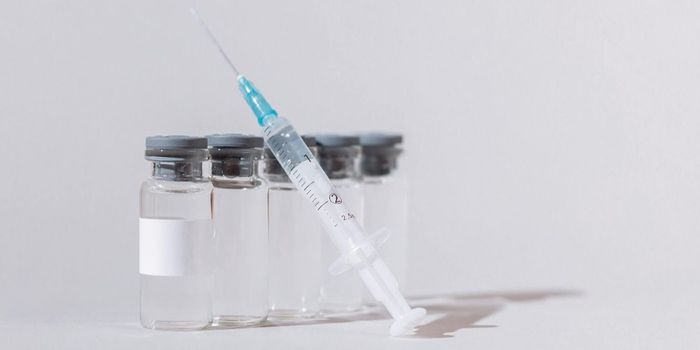Broccoli: the key to cancer prevention
New research published recently in Science is putting more greens on your table. To be specific, more broccoli, cauliflower, cabbage, collard greens, Brussels sprouts and kale – otherwise known as the cruciferous vegetables. While these veggies have been known to decrease the risk of cancer for a while now, the recent study led by researcher Pier Paolo Pandolfi, MD, PhD, Director of the Cancer Center and Cancer Research Institute at Beth Israel Deaconess Medical Center, shows that targeting the WWP1 gene with the ingredient found in broccoli suppressed tumor growth in cancer-prone lab animals.
PTEN is a tumor suppressive gene that is often silenced, mutated, or de-regulated in human cancers. That led Pandolfi and his colleagues to question if restoring PTEN to normal levels in patients with cancer could in turn restore the gene's tumor suppressive capability.
“The protein PTEN is a phosphatase and tumor suppressor whose activity is often decreased in human cancers. Thus, reactivating such a protein could potentially be an effective therapy against cancer,” write the authors. “A previous study identified a ubiquitin E3 ligase (WWP1) as a PTEN-interacting protein that modifies PTEN and inhibits its tumor suppressive activity. A natural compound found to be a pharmacological inhibitor of WWP1 was found to inhibit tumor growth in a mouse model of prostate cancer.”
While that’s a lot of jargon, the idea behind the science is actually quite simple: researchers can pinpoint a compound found in broccoli and other cruciferous veggies to inactivate WWP1 and in turn restore PTEN levels to enact its tumor suppressive capacity.
"We found a new important player that drives a pathway critical to the development of cancer, an enzyme that can be inhibited with a natural compound found in broccoli and other cruciferous vegetables," said Pandolfi. "This pathway emerges not only as a regulator for tumor growth control, but also as an Achilles' heel we can target with therapeutic options."
However, the researchers are quick to say that just eating these veggies won’t likely do the trick, because as first author Yu-Ru Lee explains, you'd have to eat nearly 6 pounds of raw Brussels sprouts a day to get their anti-cancer benefit. Because of this, the researchers are planning to continue investigations in order to learn more about WWP1 inhibitors.
Sources: Science Daily, Science









